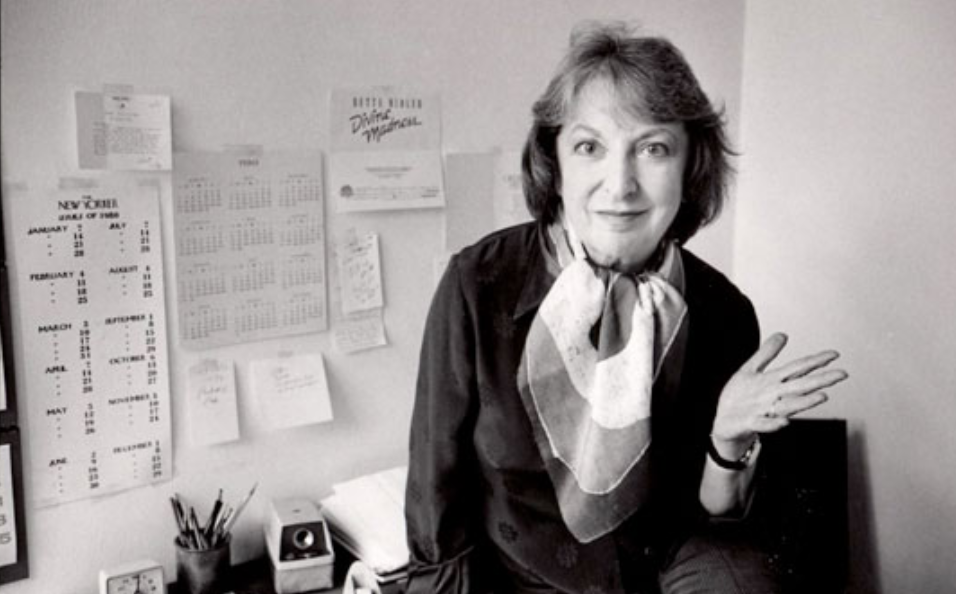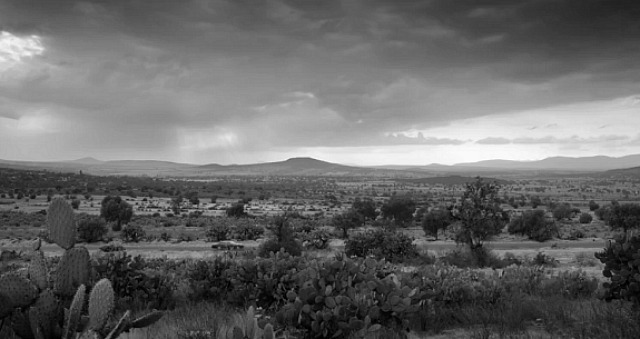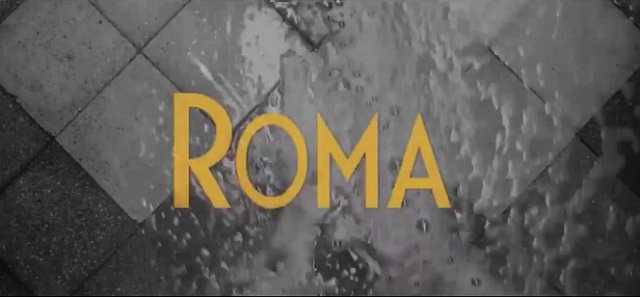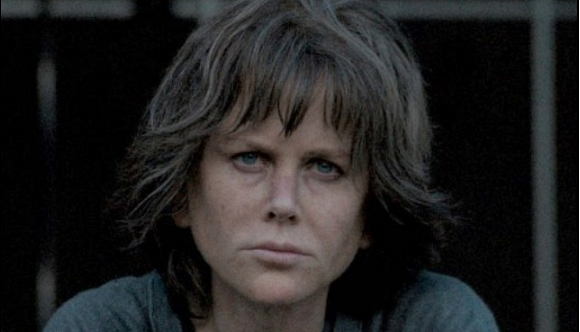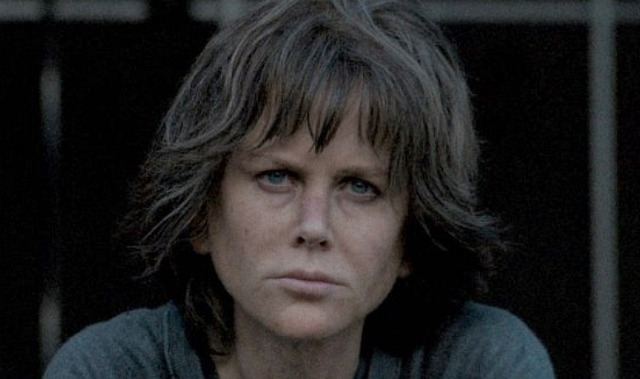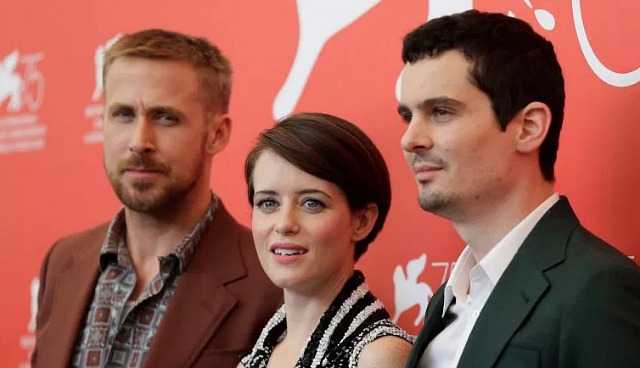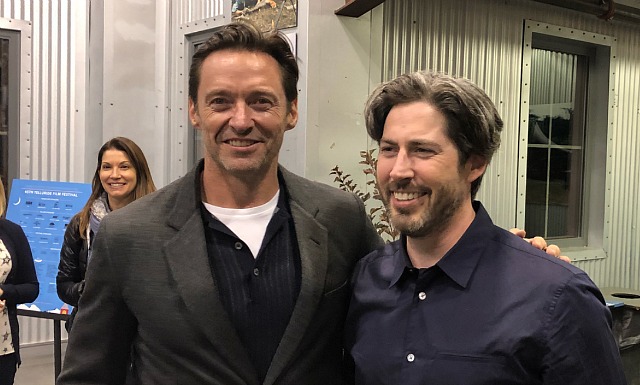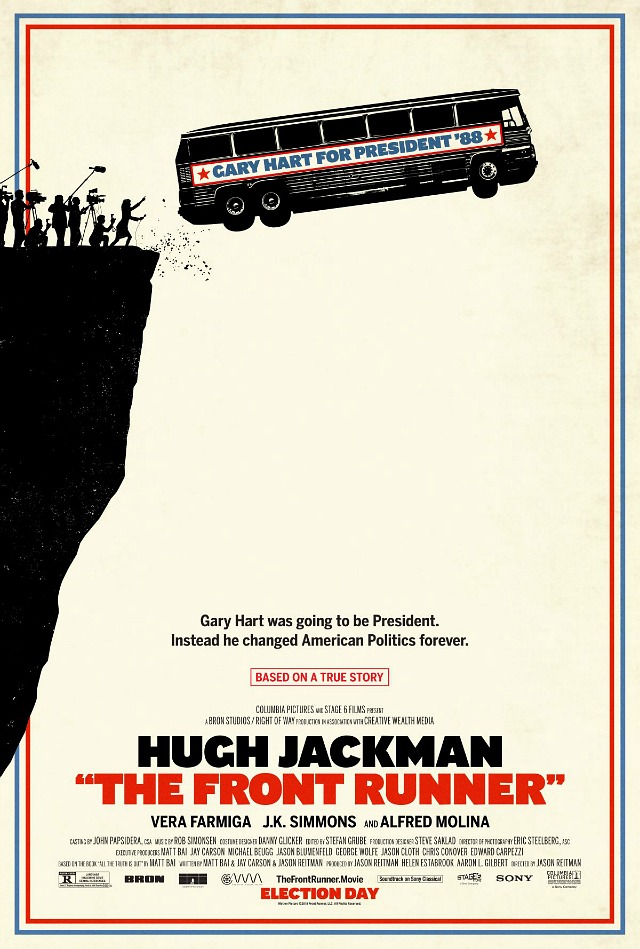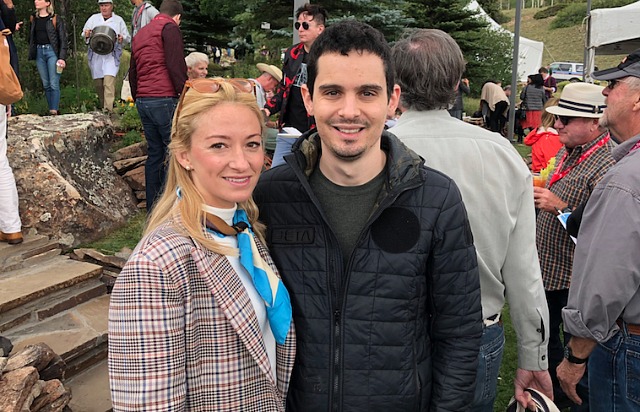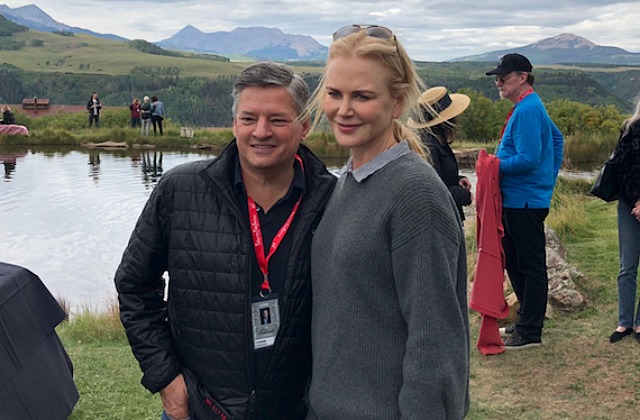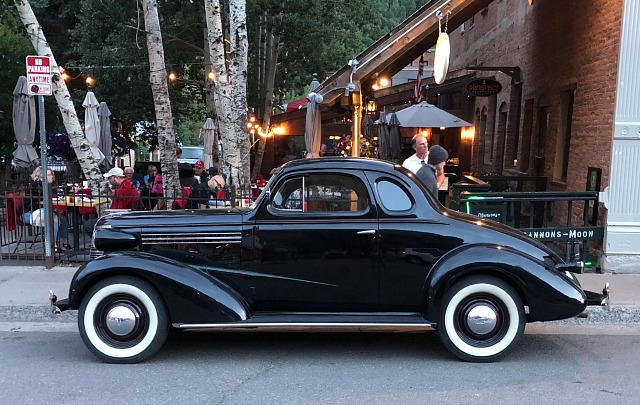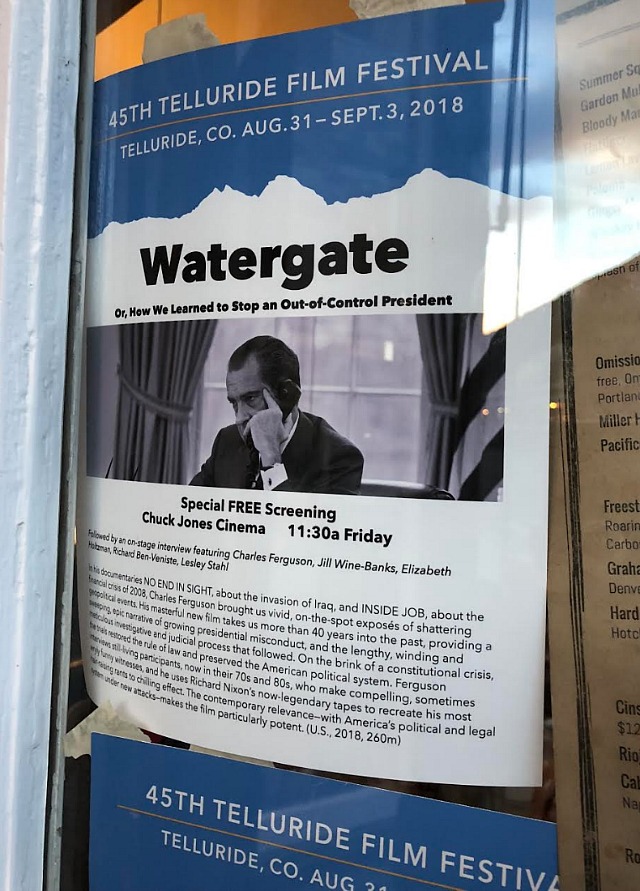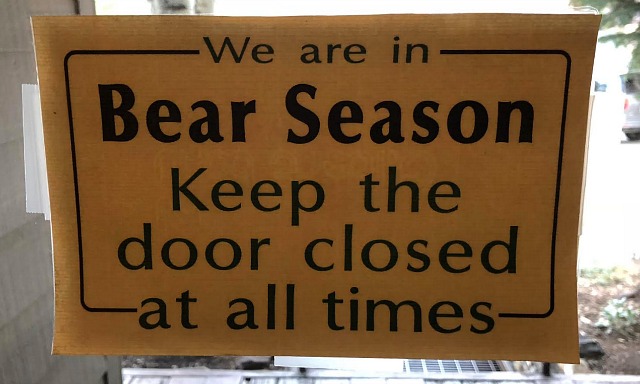I was hoping that Rob Garver‘s What She Said: The Art of Pauline Kael, which I saw three nights ago, would deliver some degree of enjoyment. It’s much better than that. I found it wonderfully alive and attuned, electric, bracingly intelligent, well-honed and about as spot-on as a doc of this sort can be. If you’ve any passion for film or particularly the glory days of personal-vision American cinema (late ’40s to early ’80s), this is essential viewing and a whole lot of fun to sit through.
Filmed four years ago, Garver provides a rush of immense comfort and stimulation with perfectly timed, just-right film clips and talking-head dialogue to explain and depict what was going on in the legendary critic’s life and head over a half-century period. The effect, for me, is ecstatic. Razor sharp and smooth as silk and yet always with a drill bit…it goes right into the whole novelistic tumult and miasma of that wonderful period in film criticism (’60s to early ’80s)…making sense of it, cleaning it up and making it all perfectly understood.
Here’s an excellent review from The Hollywood Reporter‘s Todd McCarthy.
And here are quotes that I typed as I watched it on my Macbook Pro:
Kael: “The world is divided between the people who get deep pleasure from doing a good job, and those who are just trying to get through the day. There are a great many critics who belong to the latter category, who are scared of their readers, scared of their editors, scared of the movie companies and with some justification, but are never good enough to conquer their fears. The point would be really to try and strengthen your own writing style and develop some more courage, because then you’re in a better position.”
Quentin Tarantino: “The way Pauline described Band of Outsiders…she said it was as if a bunch of movie-mad young French boys had taken a banal American crime novel, and translated the poetry they had read between the lines…that is my aesthetic! Right there! That’s what I hope I can do.”
David Edelstein: “I disagree violently with that term…I am not a Paulette.…I am a Paulinista…I have learned from her approach and applied it in my own way.”
Kael: “Every good critic is a propagandist…there’s no other way to play the game.”
Observation: “Pauline was a west coast girl, and somewhat lacking in deference to authority. What she couldn’t achieve in art, she was able to achieve in movie reviews…she said I want to loosen my style, to get away from the term-paper pomposity that we all learn at college…I wanted sentences to breathe, to have the sound of a human voice. [Before Pauline] New Yorker readers were used to this rather genteel rolling prose. Pauline didn’t believe in categories…she was very much against snobbish art-house cinema…she embraced popular cinema…only bad critics impose an academic formula…what Pauline Kael called the gentlemen critics…she wrote like someone who had bought a ticket and found a seat and watched it with a crowd.”


